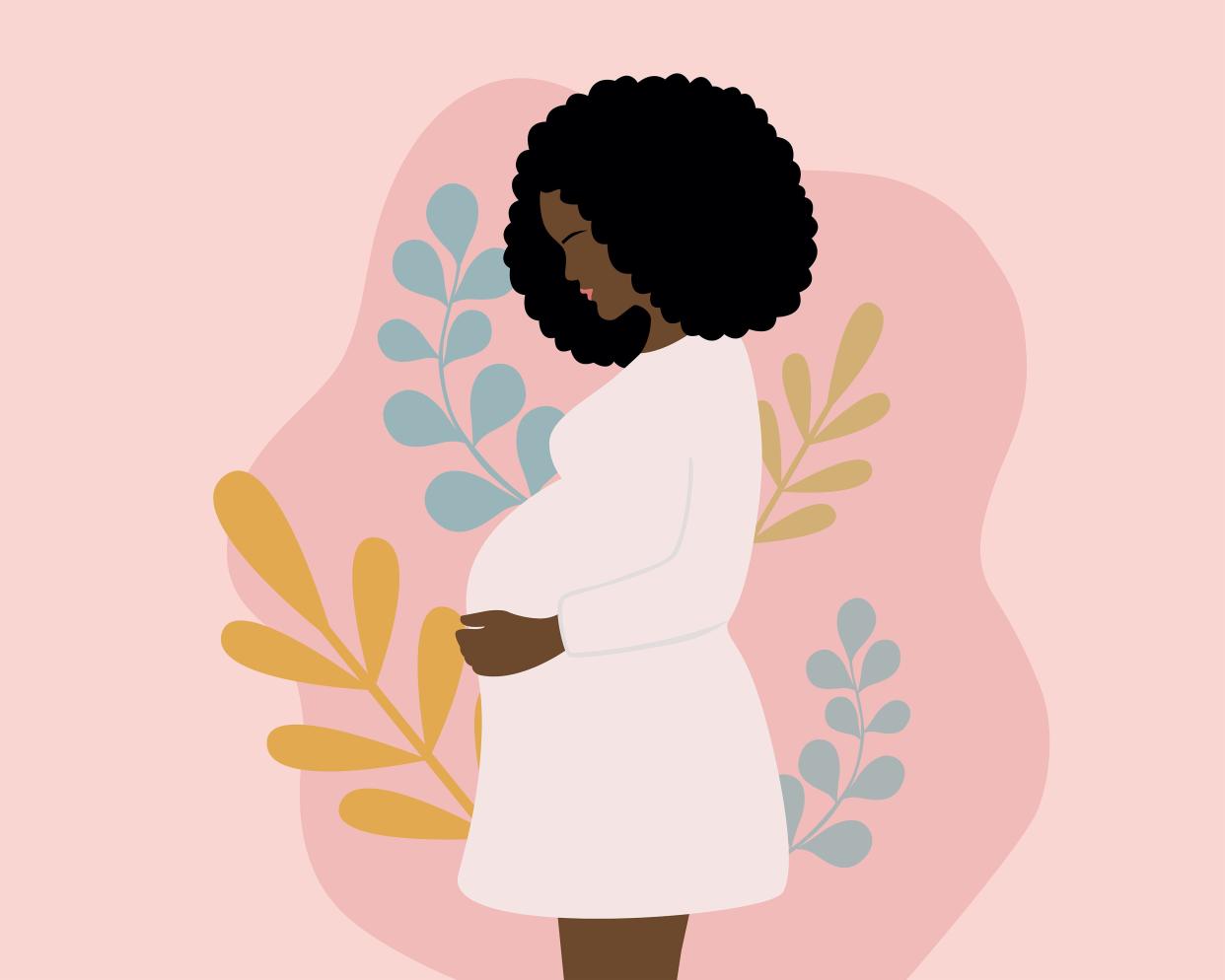Guest: State of maternal health in Oklahoma is bleak. We are failing women, especially Black women

Tori Bowie, a gold medal Olympic athlete, recently died of pregnancy-related complications. Once the fastest woman in the world, she was found dead, alone, at home. The autopsy report cites possible complications from eclampsia (a severe form of preeclampsia related to high blood pressure during pregnancy that includes seizures, sometimes stroke and even death).
Bowie’s death helps highlight the risks that Black women face in pregnancy and childbirth. To see Black women like Beyonce, Serena Williams and Tori Bowie, who have every resource at their disposal, still face such significant pregnancy complications suggests there is something intrinsic to the experience of Black women ― regardless of education, income or medical background.
The number of women who die giving birth in America each year has nearly doubled in the last 20 years. The Centers for Disease Control and Prevention reported that the maternal mortality rate for 2021 was 32.9 deaths per 100,000 live births, compared with 17.4 in 2018. The numbers are even more disconcerting when disaggregated by race/ethnicity. Black women are three times more likely to die from pregnancy-related complications than white women in the United States.
More: Maternal deaths in the US more than doubled over two decades
According to the Kaiser Family Foundation, Black maternal health disparities are symptoms of broader underlying social and economic inequities rooted in racism and discrimination. Differences in insurance coverage and access to care play a role in determining maternal health outcomes for people of color, but inequities in broader social determinants of health are underlying causes, as well. However, these disparities persist even when controlling for factors such as education and income.
So what is the state of maternal health in Oklahoma?
● Oklahoma ranks among the states with the worst rates (44th) of maternal deaths in the United States.
● Oklahoma has the second-highest uninsured rate in the country. Paradoxically, Oklahoma is preparing to purge nearly 300,000 Oklahomans from Medicaid.
● Out of 77 counties in Oklahoma, 61 have limited or no access to maternity care.
● Black women account for only 10% of Oklahoma’s births but comprise 22% of Oklahoma’s maternal deaths. Black infant mortality is two times that of white infants.
As an OB-GYN practicing in Oklahoma, I am acutely aware that improving maternal morbidity and mortality, especially for Black women, will require buy-in at every level:
● It will require that health care systems expand access to coverage; commit to diversifying the health care workforce and addressing the roles of racism and discrimination within the health care system. Studies show that outcomes are improved when Black patients have physicians who look like them. Only 11% of OB-GYNs in the country are Black and 5% of MDs in Oklahoma are Black. There are only four Black OB-GYNs in the Oklahoma City metro area offering obstetric care. We must increase access to Black birth workers who can help advocate for Black women, as well.
● Patients have to assume accountability for their own health, not only during pregnancy, but before and after pregnancy. Oklahoma still has some of the highest rates of obesity, smoking and substance abuse in the country. Black women in Oklahoma have the lowest rates of returning for their postpartum visits. We have to be our own biggest advocates in a system that fails us.
● Stop politicizing health care! Oklahoma physicians practice in a legislative environment where they are under threat of prosecution, fines and loss of licensure. Respondents to a survey sent to Oklahoma’s OB-GYNs based on the past few years of legislation indicated that 58% of physicians were either leaving or would consider leaving the state. Another 18% stated they would like to leave, but it wasn’t feasible at this time.
When a majority of our counties are already maternity care deserts, we are on the precipice of a crisis. In the last legislative session, bills were introduced to address period poverty, protect access to contraception, and to assist the Maternal Mortality Review Committee in data collection. None of these bills passed. To make a bad situation worse, access to Title X, a federal program that provides low- or no-cost preventative and reproductive health care to low-income and uninsured individuals has been suspended.
More: Therapist: If you have postpartum depression, all is not lost
We have to reimagine what health care could look like when patients, physicians, health care systems and legislators truly commit to health equity. As it stands, we are failing the women of Oklahoma, especially Black women. Continued failure to act falls far short of The Oklahoma Standard.

Dr. Angela Hawkins is a Fellow of The American Congress of Obstetricians and Gynecologists; chair of the Oklahoma Section of American College of Obstetrics and Gynecology; and president of Oklahoma Black Physicians Alliance.
This article originally appeared on Oklahoman: Guest: 61 Oklahoma counties have limited or no access to maternity care

